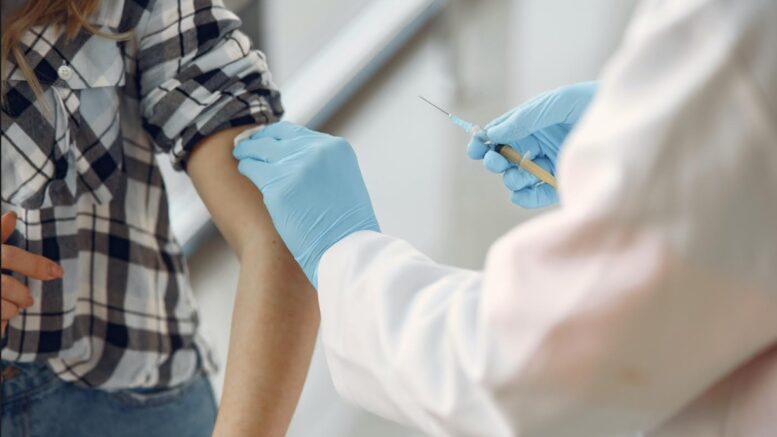In the field of healthcare, where the main emphasis is on curing illness and saving lives, the management of medical waste is a less discussed but no less important issue. To offer high-quality care, physicians and other healthcare providers produce a variety of medical waste every day. This post will look at the crucial actions physicians may take to make sure that medical waste is managed safely and responsibly.
Understanding Medical Waste
Doctors must first comprehend what defines medical waste in order to treat it safely. Elements created at healthcare facilities that might be contaminated with infectious agents, potentially toxic chemicals, or radioactive elements are referred to as medical waste. If these materials are not handled appropriately, there are dangers to both individuals and the environment. The proper classification of medical waste is crucial since various waste kinds require various management and disposal techniques.
Segregation and Collection
Beginning at the point of creation, medical waste may be managed safely. Doctors and other healthcare professionals should separate various waste kinds into containers with clear labels. Needles and syringes, for instance, should be disposed of in puncture-resistant, clearly marked receptacles. Blood-soaked bandages or cultures should be kept properly, as should any biohazardous waste. This careful sorting reduces the possibility of contamination and makes sure that the trash enters the appropriate disposal stream.
Safe Handling Practices
When managing medical waste, doctors and healthcare professionals are required to follow specific safe handling procedures. The right methods for managing, moving, and disposing of waste products must be understood and continuously put into use daily. To avoid coming into contact with potentially infectious waste items, healthcare staff should use the proper personal protective equipment (PPE), such as gowns, gloves, masks, and protection for the eyes, if needed. This degree of protection is especially important when handling sharp devices like syringes and scalpels, which call for caution to reduce the danger of needlestick injuries.

Storage and Labeling
Doctors’ offices should safely ensure that medical waste management is underway until any harmful materials can be gathered for disposal. Doctors’ offices ought to have clearly defined and assigned storage places for medical waste in order to assist this procedure. Only authorized workers should be able to enter these facilities, which should also include containers with distinct markings for the various sorts of medical waste. Sharps, infectious trash, and pharmaceutical waste may all be distinguished from other waste streams with the use of colored bins or containers. For the purpose of avoiding spills or leaks, each of these jars has to be well sealed.
Compliance and Rules
Medical waste management laws at the municipal, state, and federal levels should be understood by doctors and followed. These rules are in place to make sure that medical waste is handled, stored, moved, and disposed of properly. To protect both the environment and the well-being of the public, they offer certain criteria that healthcare institutions, including doctor’s offices, must adhere to. A healthcare facility’s reputation might suffer greatly, there could be legal repercussions, and there could be significant fines for breaking these regulations. To maintain a high level of safety and compliance, physicians and their staff need to be updated about any modifications or updates to these rules and to include them in their waste management procedures.
Collaboration with Professional Disposal Services
The safe and effective handling of all forms of medical waste requires collaboration with expert medical waste disposal services, even if doctors can manage certain medical waste internally. These specialist businesses have a wealth of experience in managing medical waste, have access to cutting-edge machinery, and have the resources required to make sure that medical waste is collected, transported, treated, and disposed of in accordance with all applicable laws. Doctors can collaborate with these disposal companies to schedule routine trash collections or contact them for emergency assistance if needed. These partnerships guarantee the safe handling of medical waste and fast removal from healthcare institutions, lowering the possibility of mishaps, contamination, and legal infractions.
Conclusion
Doctors can significantly improve the health of healthcare professionals, safeguard the environment from possible damage, and uphold their steadfast commitment to providing high-quality patient care that complies with the strictest safety and compliance standards by taking these actions and placing a priority on the safe management of medical waste.
